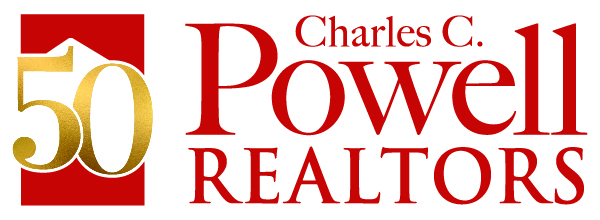There is one thing that matters more than anything else when selling your home: Pricing it right! The most important thing your Realtor can do is guide you through how to price your home.
The Consequences of Overpricing Your Home
Overpricing your home can have a snowball effect on the entire sales process. If you’re priced too high, you won’t get any interest in your home. Your house will sit on the market, and this looks bad to buyers. Even when you’ve dropped your price, buyers will wonder why your house has sat unsold for so long. They’ll wonder if something is wrong with your home. They’ll assume lots of people have looked at it, and no one wanted it.
That’s a scenario you definitely want to avoid! If you follow the process described below, you’ll be on the right track.
The Process of Pricing Your Home
1. Meet with your Realtor to discuss your goals for the sale. Do you need to sell as quickly as possible? Are you willing to make some improvements if that will help you get a higher price? Are there any major repairs needed that will impact the value of your home?
2. Review comps with your Realtor. After your initial meeting, your Realtor will research recent sales of comparable homes (“comps”). This is an indication of the market value of your home – more on that coming up.
3. Agree on a pricing strategy. You and your Realtor will agree on a list price based on your goals, the condition of your home, and the comps. Your strategy should also include a plan to reduce the price if you haven’t received much interest after a certain period of time. Remember, you don’t want your house sitting on the market for a long time. So if you’re not getting interest, drop your price sooner rather than later.
It’s All About Market Value
What is your house worth? Whatever someone is willing to pay for it. That’s its market value.
It can be tough to face, but buyers are never going to pay more than the current market value of your home. It doesn’t matter what you paid for your home. It doesn’t matter what its tax assessment is. It doesn’t even matter how much you love your home and how wonderful your memories are.
The only thing that matters is the market value at the time you list your house for sale. That’s why reviewing and understanding comps is so important. These recent sales are the best indicator of what your home is worth.
It’s okay to look at current listings too. That can help you understand your competition. But keep in mind that a house listed for sale is very different than a house that has actually sold. Your neighbor down the street may have their home priced higher than yours. But if you’re both overpriced, that doesn’t really matter.
An important point to note is that it’s more difficult to gauge market value in rural areas. In cities, there are tons of properties being bought and sold all the time. This keeps market value fairly steady. In rural areas, there are far fewer transactions. There’s also a lot more diversity in the types of homes that are bought and sold. This means market value can go up and down a lot in a relatively short period of time. So be prepared to drop your price fairly soon after listing if you aren’t getting much interest.
Don’t overprice to leave room for negotiation
This is a common mistake a lot of sellers make. The problem with this approach is that it will cause a lot of buyers to skip over your house right from the beginning. They’ll never even consider it because it’s overpriced.
Instead, price your home for what you really think it’s worth. If your home is priced fairly, a genuine buyer will make an offer at or very near your list price. You may need to negotiate a little, but you shouldn’t be too far apart.
Think Transactionally, Not Emotionally
When it’s time to sell your home, try to think of the process as a business transaction. We’ll be honest, that can be really hard to do. You probably love your home and have lots of happy memories there. But try to remember that your love for your home can cloud your judgement about its market value. Try to be aware of that from the beginning, and don’t take it personally if your Realtor suggests a lower price than you had in mind. Your Realtor’s goal is to help you sell your home under the best terms possible. So take a deep breath, try to step back emotionally, and trust their professional advice.
Get Ready to List
Once you have a pricing strategy, it’s time to get the house listed! Check out our post about how to host an awesome open house. If you’re in a hurry to sell, this post about how to sell your home fast is just what you need.
Ready to get your home listed? Contact us to get started!

